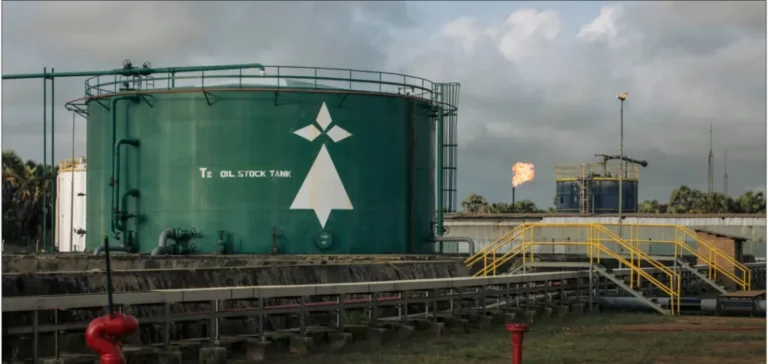The French-British oil group Perenco has come under scrutiny in Colombia following the seizure of two of its offices in Bogotá, ordered by the country’s prosecutor’s office. According to a special court, the company is accused of financing the United Self-Defense Forces of Colombia (AUC), a now-dissolved paramilitary group, between 1997 and 2005. The funding allegedly included money, fuel, food, and transportation, in exchange for security services at oil sites in the country’s northeast.
Accusations of AUC funding
The seized assets, estimated to be worth 10 million dollars (USD), will be used to support a compensation fund for victims of paramilitary violence, as announced by the prosecutor’s office. This fund was established following the demobilisation of nearly 30,000 paramilitary fighters in 2006 under the government of Álvaro Uribe, with the aim of reducing the influence of these armed groups in the country.
Perenco’s response and judicial precedents
Perenco, which has been operating in Colombia since 1993, has strongly denied the allegations. In a statement, the company emphasised that it had never had any ties with illegal groups and condemned the seizure of its assets, stating that it had not been formally charged and had not had the opportunity to defend itself in any legal proceedings. The group also reaffirmed its commitment to respecting human rights in the context of its operations.
The Bogotá peace court, created following the demobilisation of the AUC, ordered the searches. This same court granted around 30,000 former paramilitaries a reduced prison sentence in exchange for their disarmament and confession of their crimes, although allegations persist against several multinational companies that allegedly financed these groups.
Judicial precedents in Colombia
Perenco is not the only international company accused of supporting paramilitary groups in Colombia. In June 2024, the American company Chiquita Brands was held responsible for funding the AUC in the Urabá region. Additionally, since 2023, two executives from the American mining company Drummond have been on trial in Colombia for their alleged ties to the same group in the César department.
Colombia, which has been embroiled in an internal armed conflict for more than six decades, continues to face the consequences of this violent past, a conflict that has claimed more than 1.1 million lives, left 200,000 missing, and displaced nearly 9 million people.






















